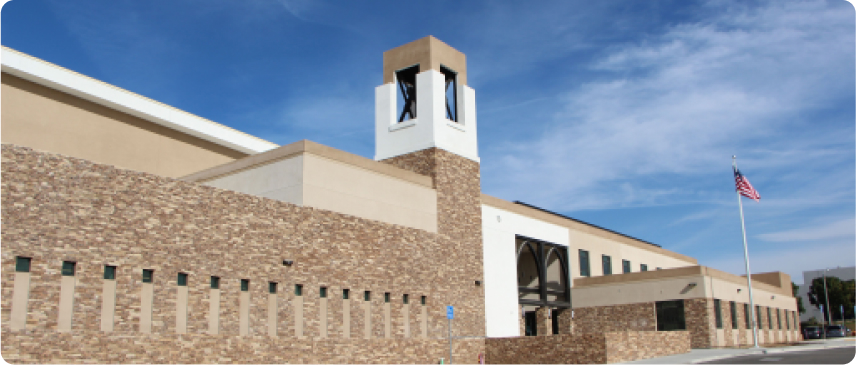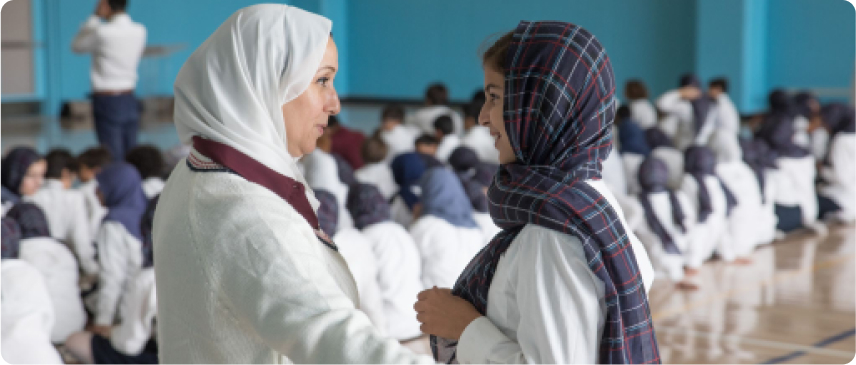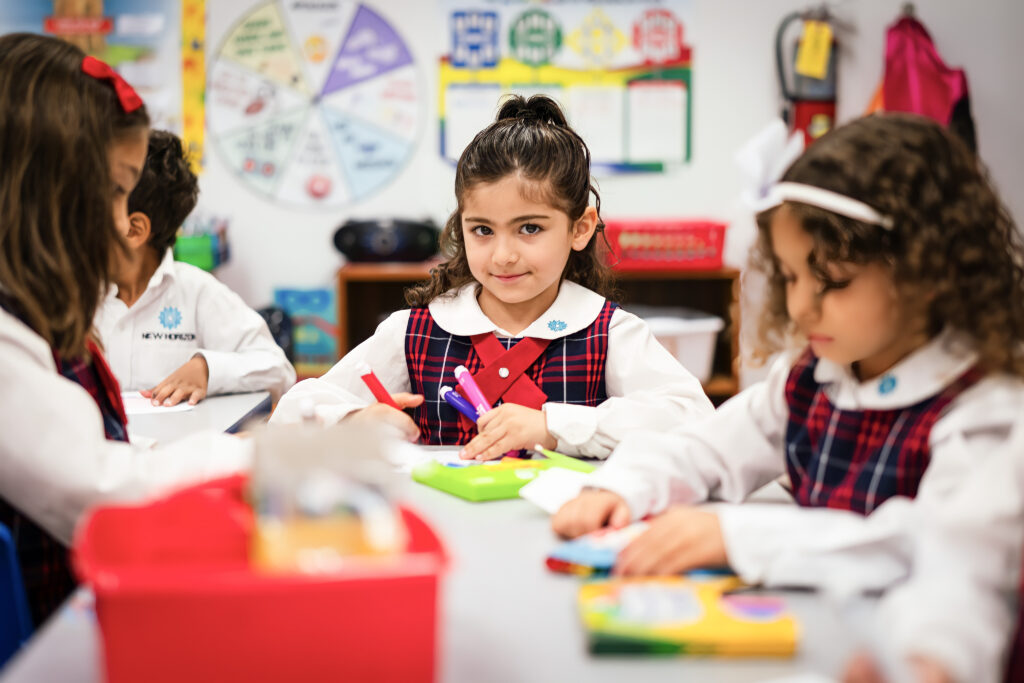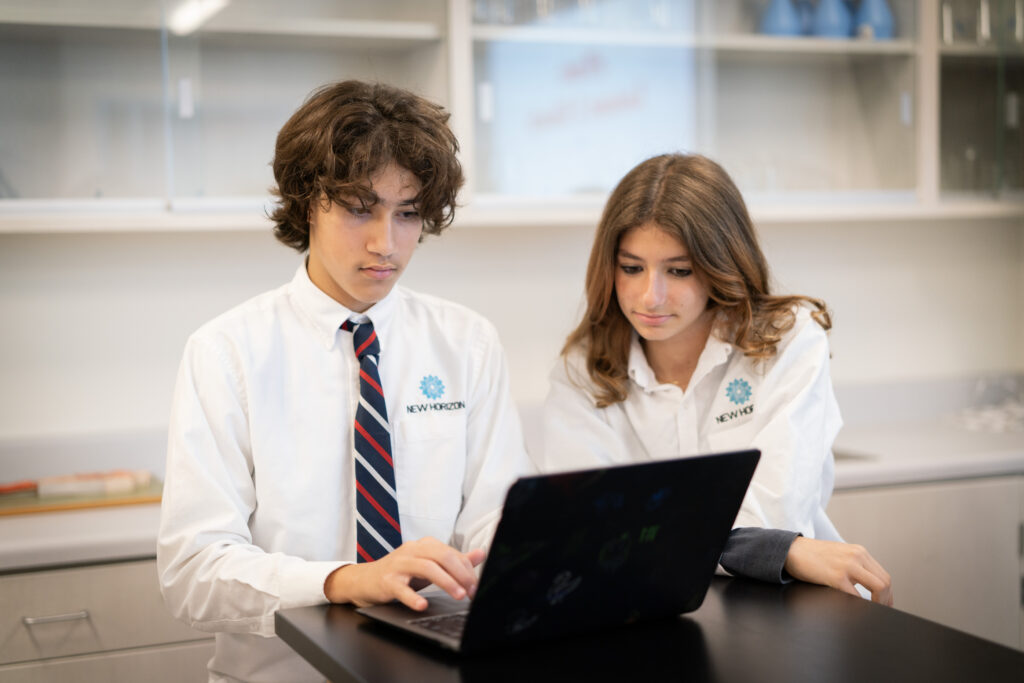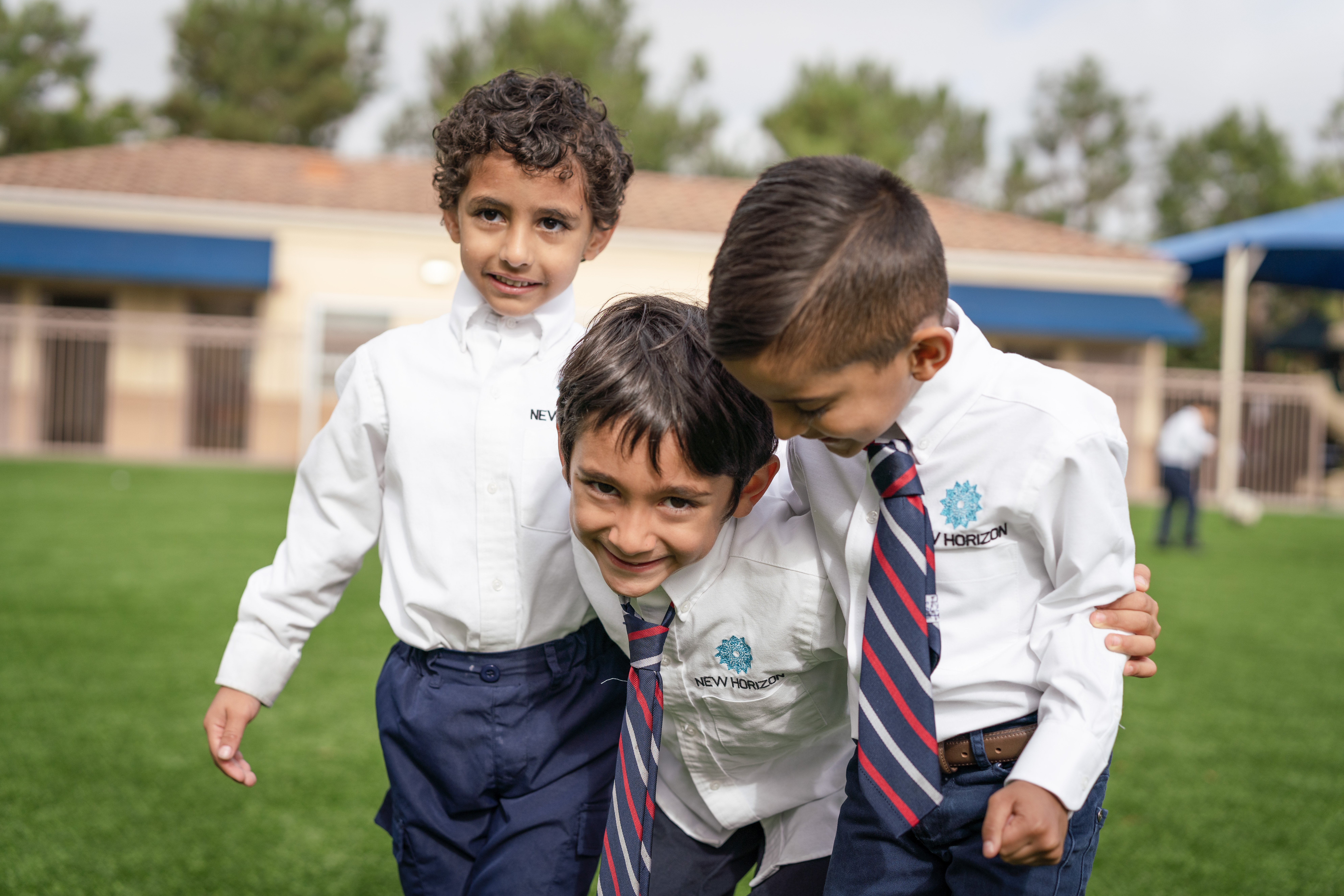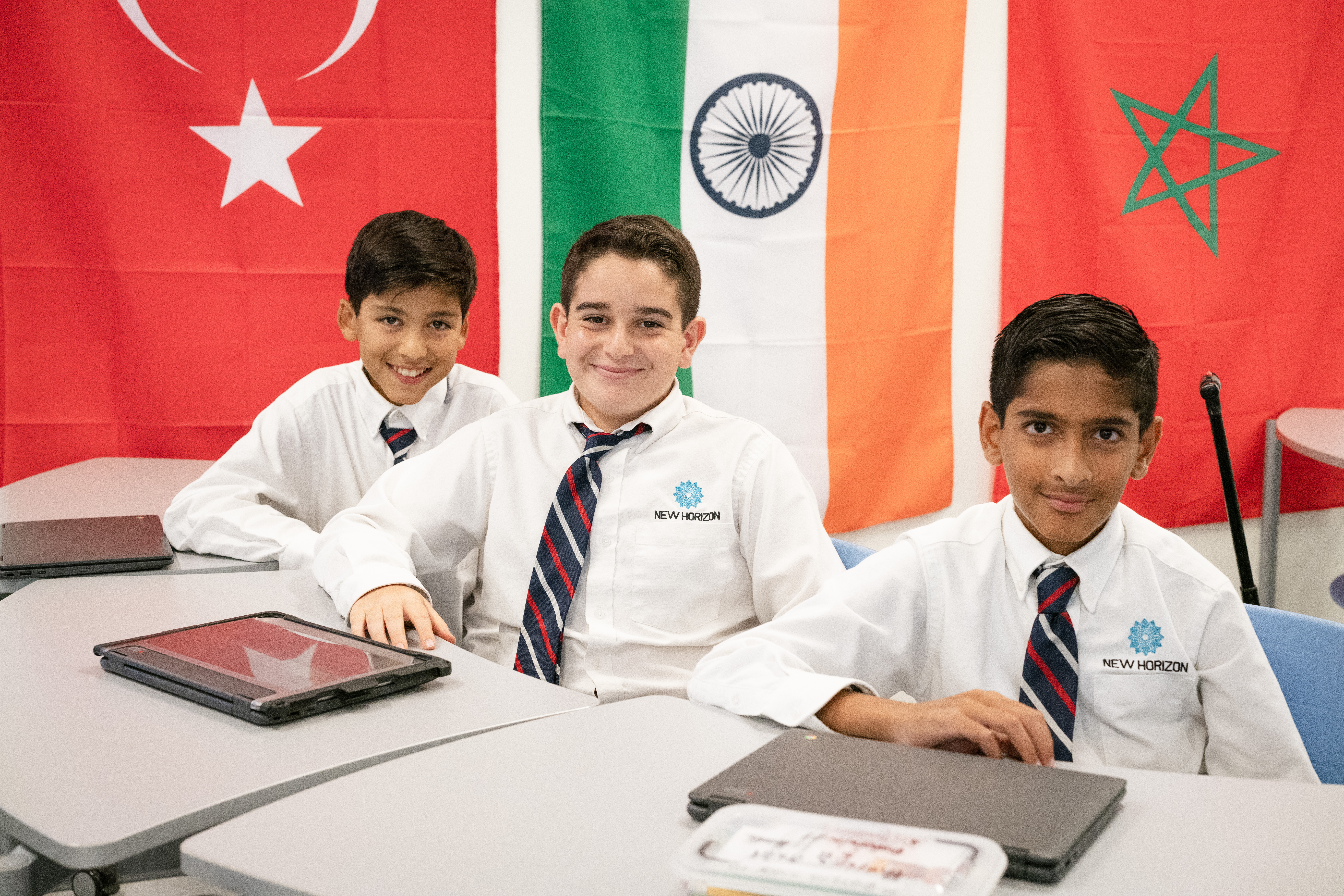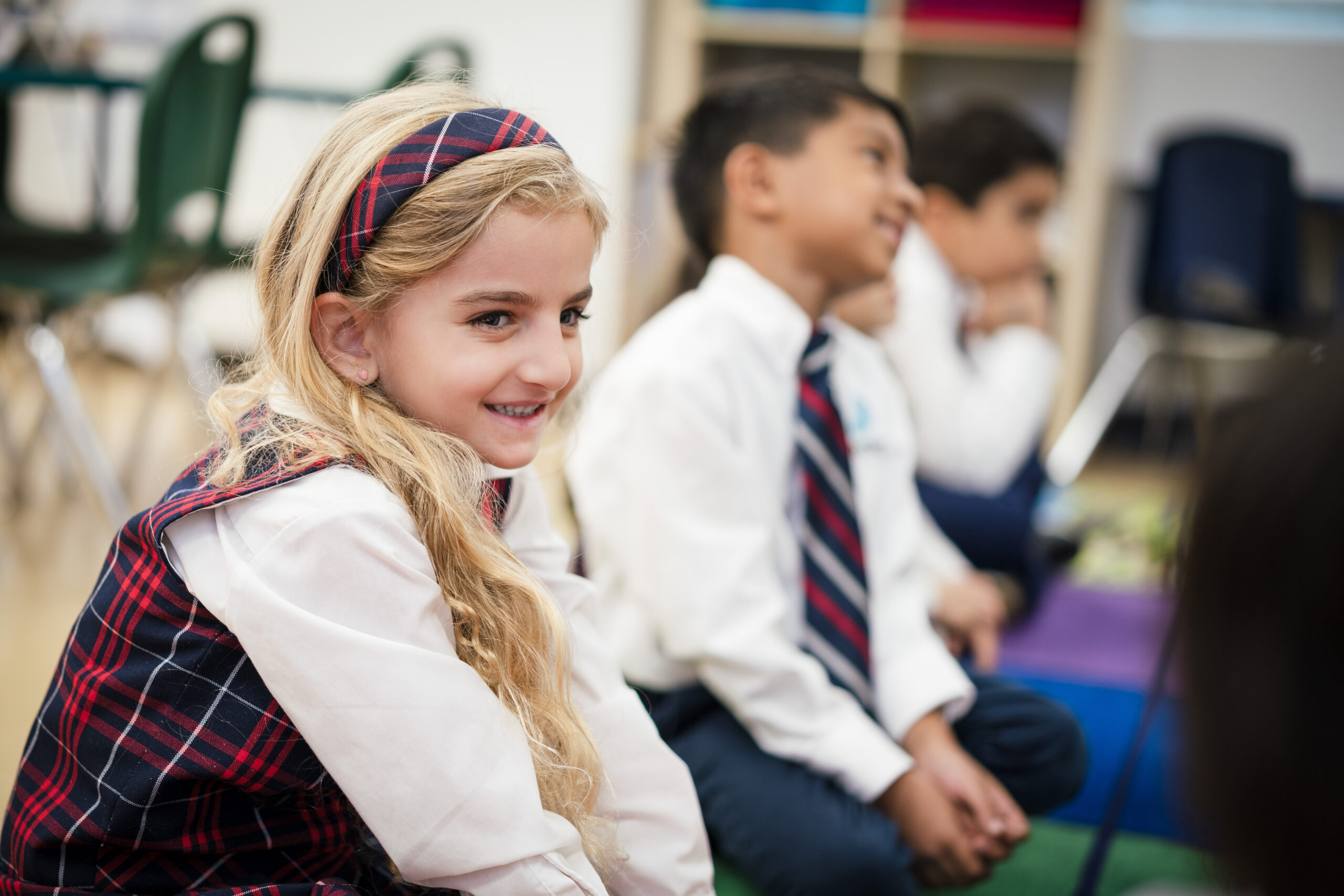1. Using Zakat money towards establishing and sustaining Islamic schools in America:
As one of the basic pillars of Islam, the payment of Zakat is as essential as offering regular prayer, fasting during the month of Ramadan, going for Hajj at least once in a lifetime, and believing sincerely in and bearing witness to: “There is no deity except Allah; Muhammad is a Messenger of Allah.”
Islamic Jurisprudence accepts that Zakat be distributed to the eight categories listed below based upon the following verse:
“The offerings given for the sake of God are [meant] only for the poor and the needy, and those who are in charge thereof, and those whose hearts are to be won over, and for the freeing of human beings from bondage, And [for] those who are over-burdened with debts, and [for every struggle] in God’s cause, And [for] the wayfarer: [this is] an ordinance from God- and God is all knowing, wise” (9:60 – translation from “The Message of The Quran” by Muhammad Asad)
The term ‘fee sabil Allah’ which is translated to mean ‘every struggle in God’s cause’ in the verse above can cover, as inferred within Islamic jurisprudence, every endeavor to promote Islam and empower Muslims to practice Islam.
Unquestionably, one of the main priorities for American Muslim families is the education of young Muslims to preserve and develop their Islamic identity and self-awareness. Therefore, supporting projects such as Islamic schools and Islamic centers, that establish and promote Islam in the hearts and minds of people, countries, and societies are also included.
2. Establishing and Sustaining Islamic Schools is considered a perpetual charity (Sadaqah Jariyah)
The idea of a perpetual charity (sadaqah jariyah) is that your gift or donation will continue to manifest itself in the present and future. By helping to establish such a gift, you are creating a mechanism to give money or cause on a regular basis to a person or organization.
Contributing to the establishment of a school that has the opportunity to benefit generation after generation of children is a great example of perpetual charity. Along with beneficial knowledge and good progeny who will pray for the deceased, sadaqah jariyah is a virtuous act that will benefit a person in this life and the next.
Amja and Cambridge Islamic College have shared more details on giving zakat towards supporting Islamic schools:
https://www.amjaonline.org/fatwa/en/85297/can-islamic-school-receive-zakat
https://www.cambridgeislamiccollege.org/zakah/
Below is an additional resource from Sh. Atef, Religious Director of ICOI, who wrote about using Zakat to build a masjid. Although the article does not specifically deal with schools, it focuses on the meaning of “in the way of God.” This includes items that are necessary for the establishment and continuation of Islam, which includes spaces like a masjid or an Islamic school.



